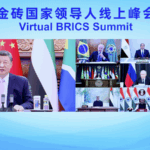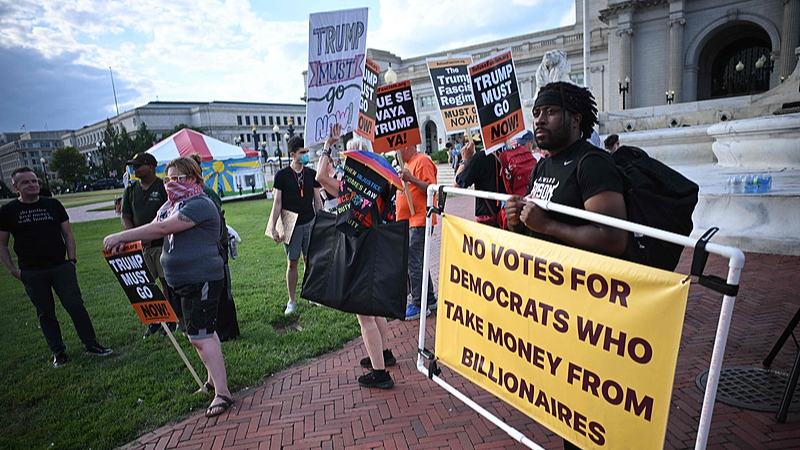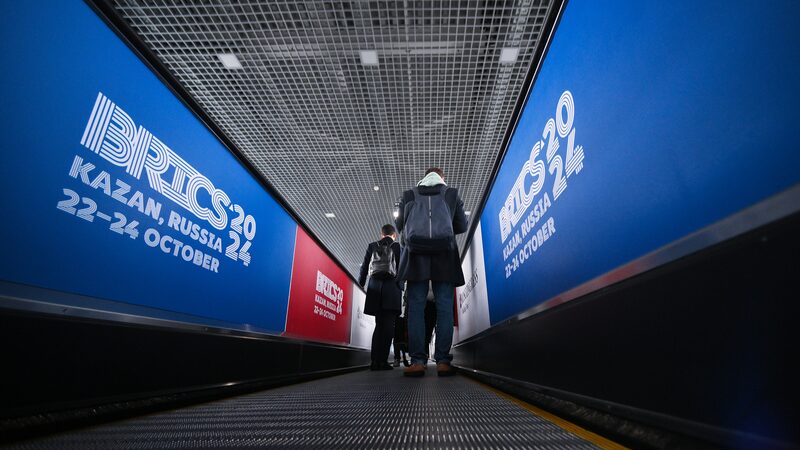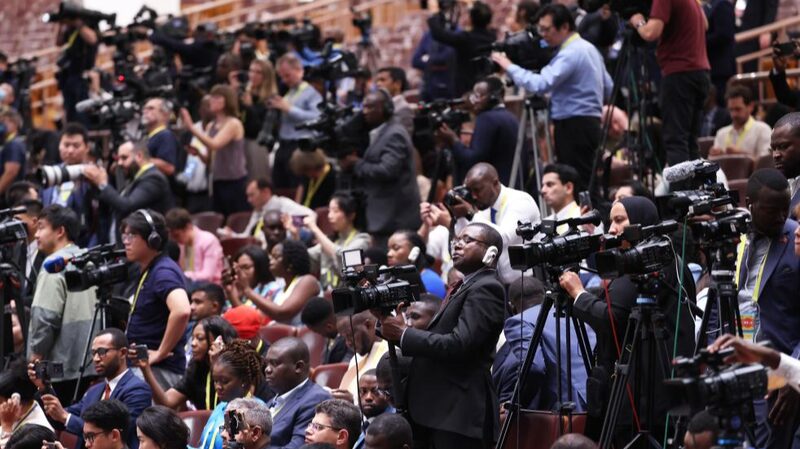The BRICS mechanism – representing Brazil, Russia, India, China, and South Africa – has evolved into a major player in global politics and economics since its inception in 2006. Initially envisioned as a coalition of developing nations focused on economic cooperation, BRICS has grown to symbolize equity and collaboration in the international order.
Addressing Skepticism 💬
Despite facing theories predicting its collapse or decline, BRICS has proven to be resilient and adaptable. Critics once argued that BRICS' diverse growth models and development paths would lead to instability, but the group continues to grow stronger, capitalizing on new opportunities and maintaining dynamism.
With the recent addition of Egypt, Ethiopia, Iran, Saudi Arabia, and the UAE, BRICS has significantly expanded its geographical and economic reach, enhancing its capabilities in production, technical innovation, and foreign trade.
While internal challenges like economic disparities and political tensions exist, these do not overshadow the remarkable achievements of BRICS. Instead, they highlight the importance of continued collaboration to sustain growth amidst external misinformation and division.
Greater Representation in Global Governance 🌐
BRICS has been a vocal advocate for the principles of the UN Charter, promoting comprehensive security, dialogue over confrontation, partnership over alliances, and win-win outcomes. Representing over 3 billion people and a substantial share of global GDP, BRICS wields significant influence in trade, energy, and climate policy.
In a multipolar world, BRICS serves as a counterbalance to Western-led exclusive groups, pushing for reforms in global governance structures to better reflect the economic realities of the 21st century. The group has successfully campaigned for increased representation of emerging economies in international financial institutions, mitigating geopolitical risks like trade wars and economic sanctions for the Global South.
Moreover, BRICS' strength lies in its diversity. Unlike Western blocs such as the Group of Seven, BRICS encompasses a variety of political systems and economic models, fostering mutual trade and economic development. This heterogeneity enables the group to address a wide array of global issues, including supply chain security, energy policy, climate change, and sustainable development.
As BRICS continues to evolve, its role as a catalyst for global change becomes increasingly evident, shaping a more inclusive and balanced international order. 🚀🌏
Reference(s):
The BRICS cooperation mechanism: A catalyst for global change
cgtn.com





